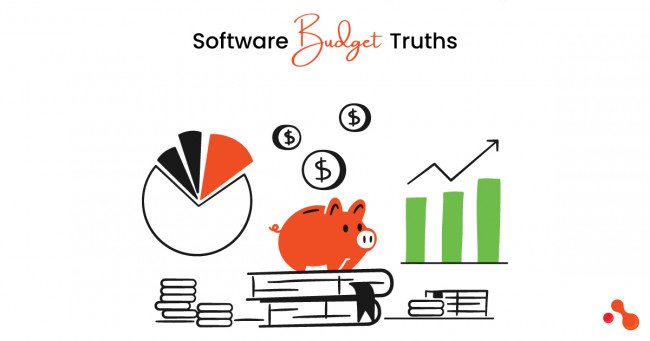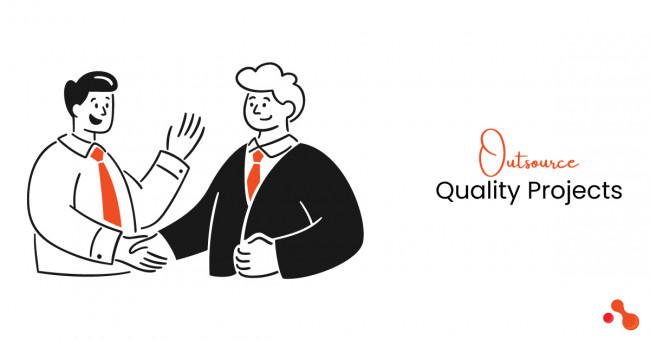In 2023, the world of freelance opportunities will expand more than ever before. With the pandemic pushing many businesses to go digital, there has been a significant increase in demand for website creation and maintenance. Two popular platforms that have become go-to options for many businesses are WordPress and Shopify.
WordPress, an open-source content management system, powers over 40% of all websites on the internet, making it one of the most popular website creation platforms in the world. Shopify, on the other hand, is a popular e-commerce platform that powers over 1.7 million businesses worldwide.

As a freelancer, exploring opportunities in WordPress and Shopify can be a lucrative option. In this blog, we will delve into the different freelance opportunities available on these platforms and how you can take advantage of them.
Freelance Opportunities in WordPress
Web Development
One of the most popular freelance opportunities in WordPress is web development. Web development involves creating a website from scratch or customizing an existing WordPress theme. As a web developer, you will need to have a deep understanding of HTML, CSS, and JavaScript.
To become a successful Freelance WordPress developer, you will need to keep up with the latest web development trends and have a good understanding of website security. You can find WordPress web development projects on freelancing platforms such as Upwork and Fiverr or even by networking with other freelancers and local businesses.
WordPress Plugin Development
WordPress plugins are software programs that add new features and functionality to a WordPress website. With over 50,000 WordPress plugins available, there is always room for new and innovative plugins. If you have a background in software development, creating WordPress plugins can be a great freelance opportunity.
To become a successful WordPress plugin developer, you will need to have a good understanding of the WordPress core and how it works. You will also need to be proficient in PHP, the programming language used in WordPress plugin development.
WordPress Maintenance and Support
Once a website has been built, it will need ongoing maintenance and support. As a WordPress maintenance and support freelancer, you will be responsible for ensuring that the website is up-to-date, secure, and functioning correctly.
WordPress maintenance and support services can include website backups, security updates, performance optimization, and troubleshooting. These services can be offered on a retainer basis, allowing you to have a stable source of income.
Freelance Opportunities in Shopify
Store Development
Shopify is a popular e-commerce platform, and many businesses are moving to the platform to sell their products online. As a freelance Shopify developer, you will be responsible for creating a customized online store for your clients. This will involve creating a design that fits the client's brand, integrating payment systems, and setting up shipping options.
To become a successful Shopify store developer, you will need to have a good understanding of HTML, CSS, and JavaScript. You will also need to have a good understanding of e-commerce best practices and the Shopify platform.
Theme Development
Shopify themes are pre-built designs that can be used to create a unique look and feel for an online store. Theme development involves creating new themes or customizing existing ones to meet the client's needs.
To become a successful Shopify theme developer, you will need to have a good understanding of HTML, CSS, and JavaScript. You will also need to have a good understanding of e-commerce best practices and the Shopify platform.
App Development
Shopify apps are software programs that can be installed on a Shopify store to add new functionality. As a Shopify app developer, you will be responsible for creating new apps or customizing existing ones.
To become a successful Shopify app developer, you will need to have a good understanding of the Shopify platform and its API. You will also need to be proficient in a programming language such as PHP & Shopify app development typically involves working with languages like Ruby on Rails, JavaScript, and React. A strong understanding of web development frameworks, API integrations, and database design is also necessary.
To become a successful Shopify app developer, you can start by learning about the Shopify app development process, including creating and testing new apps, publishing them to the Shopify app store, and providing support to clients. You can also explore online resources such as the Shopify Developers community, which provides helpful documentation, tutorials, and a forum for asking questions and sharing knowledge.
Major Difference Between WordPress & Shopify
Here are some of the major differences between WordPress and Shopify:
Purpose:
WordPress is primarily a content management system (CMS) that can be used to build a variety of websites, including blogs, portfolios, and business sites. On the other hand, Shopify is specifically designed for building and managing online stores.
Hosting:
With WordPress, you are responsible for hosting your own website on a server, either through a web hosting service or on your own. Shopify, on the other hand, is a fully-hosted platform, meaning that Shopify takes care of the hosting for you.
Customization:
WordPress offers a high degree of customization, as you have complete control over the design and functionality of your website. This is possible through a variety of plugins, themes, and custom code. Shopify, while still customizable, has more limitations in terms of design and functionality due to its focus on e-commerce.
E-commerce Features:
While both platforms offer e-commerce features, Shopify is specifically designed for online stores, and therefore offers more extensive e-commerce features out of the box, including product management, inventory management, payment gateways, and shipping options. WordPress, while still capable of selling products, requires the use of plugins and extensions to add e-commerce functionality.
Pricing:
WordPress is free to use, but you will need to pay for web hosting and any premium plugins or themes you choose to use. Shopify, on the other hand, offers various pricing plans depending on the features you need, with a monthly fee ranging from $29 to $299.
WordPress and Shopify are both powerful platforms that can be used for building websites and online stores, but each has its own strengths and weaknesses. WordPress offers more customization and flexibility, but requires more technical know-how and has limited e-commerce features. Shopify is specifically designed for e-commerce and offers a more streamlined experience, but with less flexibility for customization. Ultimately, the choice between WordPress and Shopify depends on your specific needs and goals.
Conclusion
Freelance opportunities in WordPress and Shopify are abundant in 2023. With the shift to digital platforms, many businesses require skilled freelancers to help them create and maintain their websites and online stores. As a freelancer, you can take advantage of these opportunities by developing your skills in web development, plugin development, maintenance and support, store development, theme development, or app development.
To succeed in the world of freelance WordPress and Shopify development, you should continuously update your skills and stay up-to-date with the latest trends and best practices. By building a strong portfolio and establishing a reputation for providing high-quality work, you can attract more clients and build a successful freelance career.











